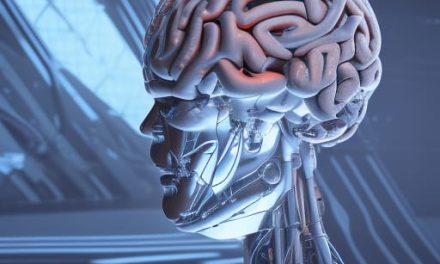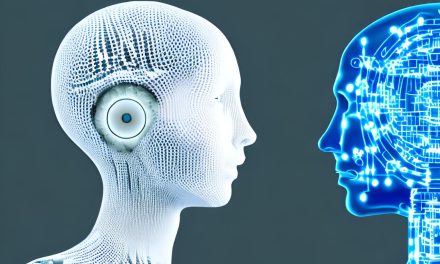Artificial intelligence (AI) has the potential to revolutionize many aspects of our lives, from healthcare and transportation to education and entertainment. However, as with any powerful technology, there are also potential dangers that must be carefully considered and addressed.
One major concern with AI is the potential for it to be used for malicious purposes. As AI becomes more advanced, it could be used to create sophisticated cyber attacks or to spread false information and propaganda. In addition, there is the risk that AI could be used to automate tasks that are currently performed by humans, leading to job displacement and economic disruption.
Another concern is the potential for AI to perpetuate and amplify societal biases. If the data used to train AI algorithms is biased, the resulting AI systems may exhibit discriminatory behavior. For example, facial recognition software has been shown to be less accurate for people with darker skin tones, leading to potential misidentification and mistreatment.
To address these and other potential dangers, it is important that AI is developed and regulated responsibly. There are several current safety standards in AI development that aim to mitigate these risks. One such standard is the Asilomar AI Principles, which were developed by leading AI researchers and advocates in 2017. These principles outline 23 recommendations for the ethical development and deployment of AI, including the need for transparency, accountability, and human control.
Other organizations, such as the Partnership on AI, are working to establish best practices and guidelines for the ethical development of AI. Additionally, some governments have implemented regulations specifically aimed at controlling the development and deployment of AI, such as the European Union’s General Data Protection Regulation (GDPR) and the US Department of Commerce’s National Institute of Standards and Technology (NIST) Guidelines on Fairness in Artificial Intelligence.
While these safety standards are an important step towards responsible AI development, it is important that they continue to evolve and be enforced as the field of AI advances. As we move into an increasingly AI-driven world, it is essential that we remain vigilant and proactive in addressing the potential dangers of this powerful technology.



